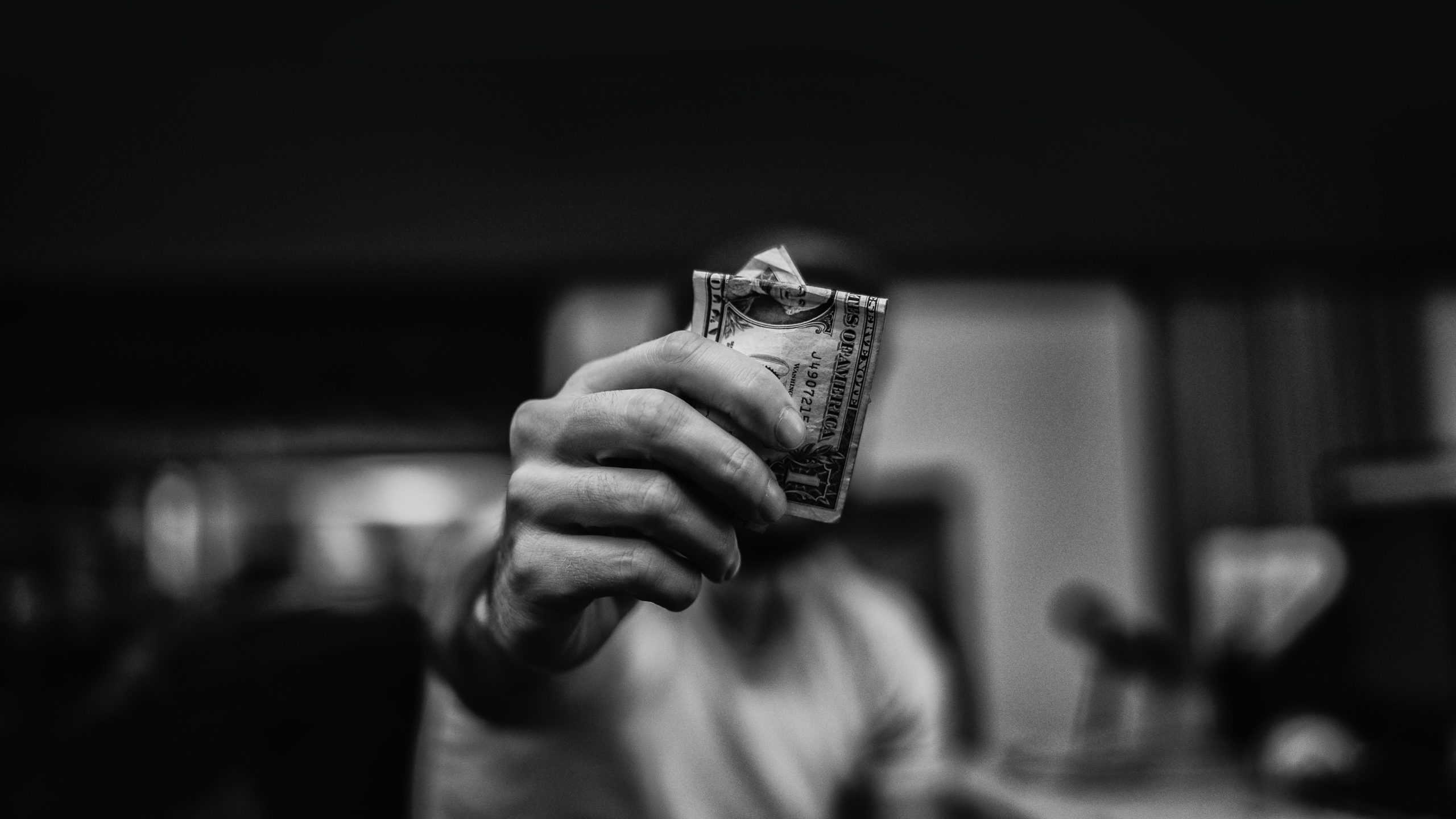Be Still My Heart! Alcoa to Pay $384 million to Settle Bribery Charges

This is just in from Reuters:
“Alcoa Inc and a joint venture it controls will pay $384 million to settle civil and criminal charges that the aluminum producer’s subsidiaries bribed officials in Bahrain, U.S. authorities said on Thursday.”
Reuters and the rest of the media machine started running with that attention grabber after the U.S. Securities and Exchange Commission and the U.S. Department of Justice announced separate settlements on Thursday morning. They announced separate settlements because the charges were filed under the Foreign Corrupt Practices Act (FCPA), and under that law the agencies share jurisdiction. In this case, the DOJ would handle the criminal settlement and the SEC would handle the civil part of it. The bottom line: $384 million will be paid to the U.S.
Here is what the SEC’s release on the case had to say:
“An SEC investigation found that more than $110 million in corrupt payments were made to Bahraini officials with influence over contract negotiations between Alcoa and a major government-operated aluminum plant. Alcoa’s subsidiaries used a London-based consultant with connections to Bahrain’s royal family as an intermediary to negotiate with government officials and funnel the illicit payments to retain Alcoa’s business as a supplier to the plant.”
After all that here’s Alcoa’s response to the press:
“There is no allegation in the filings by the DOJ and there is no finding by the SEC that anyone at Alcoa Inc knowingly engaged in the conduct at issue.”
So your company has just been slammed for $384 million, but you’re claiming there was no finding that anyone “knowingly” engaged in the conduct… That’s an enlightened statement. For the record, it is true that the wrongful actions settled were allegedly committed by a subsidiary of Alcoa. Obviously I have no way of knowing who knew when. Presumably, however, Alcoa must know now why it is paying all this money.
Another question that remains unanswered, and may never be answered, is how did the DOJ and the SEC find out about bribes made to the Bahraini Royal family? (We’ll also never know why members of the Bahraini Royal family need money, but that’s another story for another day.) The SEC’s release fails to explain how the government unearthed the information about these bribes. It does list many other government agencies, including foreign government agencies, as being involved. All of this could simply be the result of brilliant investigation by government agents. It could also be government agencies protecting an anonymous whistleblower who reported the fraudulent activity under the SEC whistleblower law. That law provides anonymity to the whistleblower and the SEC has been stellar in not revealing the names of such whistleblowers to the public, even in the event of an award.
I guess either way — if there was a whistleblower and the government is protecting that whistleblower or if there was brilliant government work that found the case — we should be grateful to the SEC and the DOJ in this instance. The FCPA is supposed to prohibit bribes and “illicit payments” and it sure looks like the government was successful in using this law this time.
It is interesting though, for those of us who file whistleblower cases. We now have an important indication the government will pursue cases in an area of financial fraud involving large amounts of money. This means there is potential for whistleblower action related to the FCPA regardless of whether this particular case involved a whistleblower. The government is making it very clear that its agencies will pursue a major case of financial fraud based on Foreign Corrupt Practices Act violations. Therefore, this opens up a whole new area for whistleblowers and lawyers to pursue fraudulent actors.













